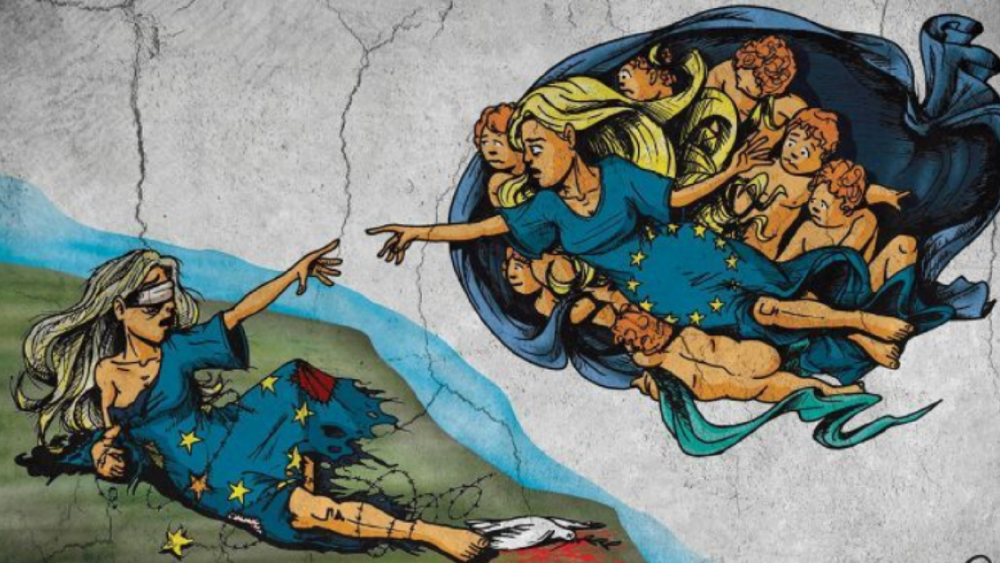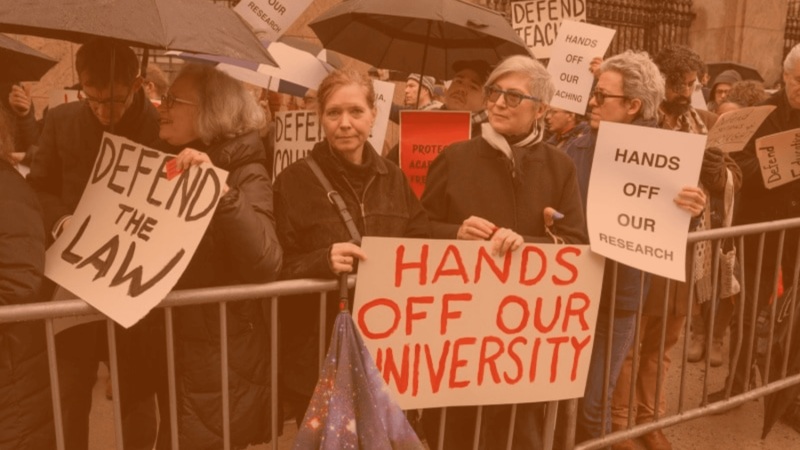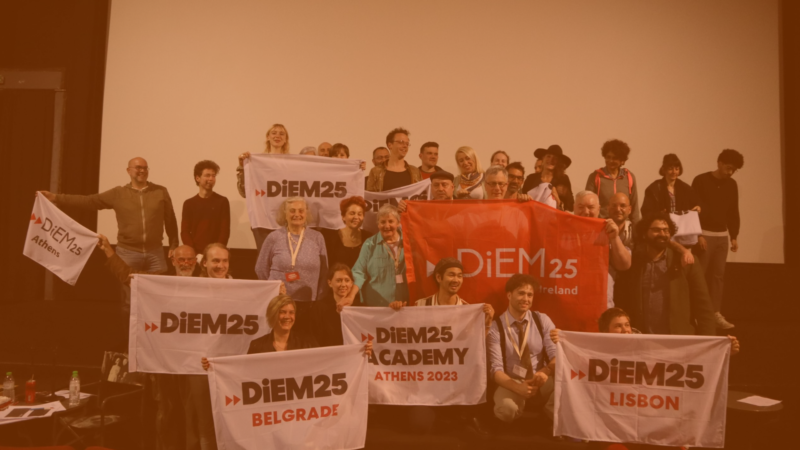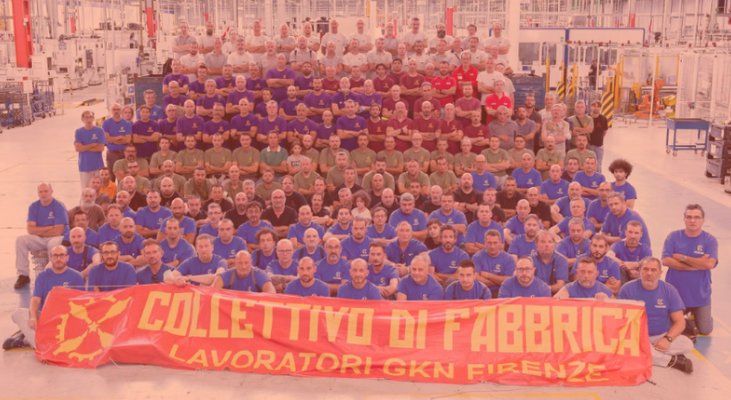What can DiEM25’s New Deal offer Eastern Europe? Does the region have the appropriate infrastructure to roll out such a program? Or does it only apply to the Eurozone?
These are, of course, reasonable concerns. But we must deconstruct the myth that the New Deal can only apply to the Eurozone. Instead, our challenge is to develop, sharpen, and elaborate the END’s aim of pan-European policy coordination between EU and non-EU member states.
Eastern Europe has played a crucial role in the construction of today’s lop-sided economic order. As Joseph Halevi argues, Germany recognized the need to redesign the region in order absorb surpluses. As a result, it came to be heavily dependent on Germany’s technology and capital – and the largest negative net international investment position in Europe. Indeed, it maintained a permanent current account deficit until the crisis hit.
After 2007, though, this took a different turn, given the new German fiscal strategy. A short view on Eurostat statistics between 2007 and 2013 reveals how almost all Eastern European countries had to slash their deficits from 2-digits to a “green” one (less than 4%). They were hit hard. Whereas Euro countries were seen as “safe harbors” backed by ECB, non-eurozone ones were left alone in the financial storm.
Of course, given their strong reliance on Germany, Eastern Europe’s currencies could not be left out of control. Central banks were “advised” to stick to the financial discipline and to apply public spending adjustment. It seemed preferable to leave Eastern Europe outside a monetary union region in order to insulate the consequences of a “currency collapse”.
DiEM25 must take the lead in elaborating a pan-European strategy for fiscal, monetary and social policies. Eastern Europe should no longer serve the great powers, but ensure that its own economies grow safely and steadily. As such, this area should play a key role in green investment-led European recovery. It is certainly capable of guaranteeing “satisfactory” profit margins for investment surplus countries.
Engaging Eastern Europe is crucial to answering the question of which kind of Europe we want. Do we want to prevent a creditor-debtor (West-East) polarized Europe, where the debtors have to pay significant risks premium to access to capital? Do we want a multi-gear Europe where the “periphery” is caged in a political patronage and financial protectorate? Can Eastern Europe make this leap directly into the post-hydrocarbon, green era, directly, without enhancing its poor or mostly lacking road, rail or water infrastructure?
The gist of our New Deal and the founding principle of DiEM25 have their roots in an old belief that a united Europe shall forge bonds based in common values and humanist principles and not on kin, language, ethnicity or some “common enemy”. Join us in making it a reality.
Bogdan is a member of DSC Bucharest, but also a humble engineer living in Munich. His main points of interest are socio-political issues of South-East Europe, as well as promoting DiEM25 there.
Photo credit: Thanasis Papaspyropoulos, Politis Newspaper, Cyprus
Do you want to be informed of DiEM25's actions? Sign up here















